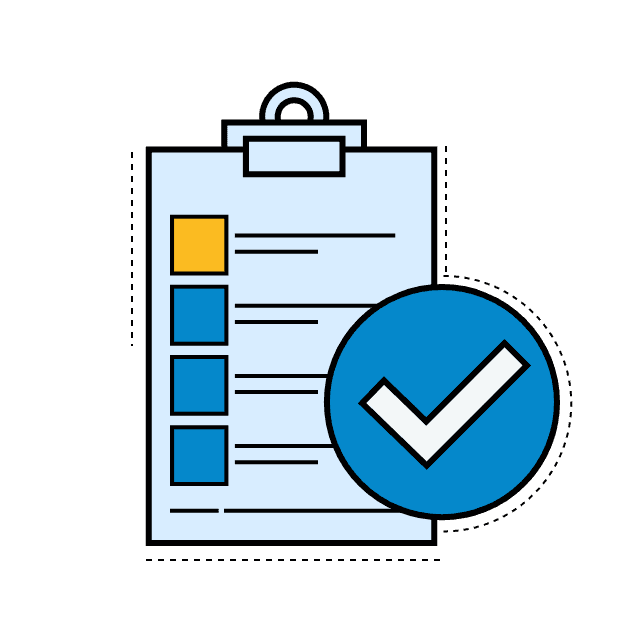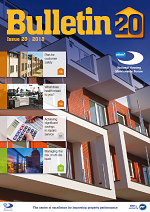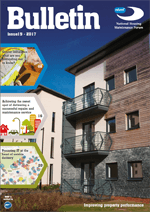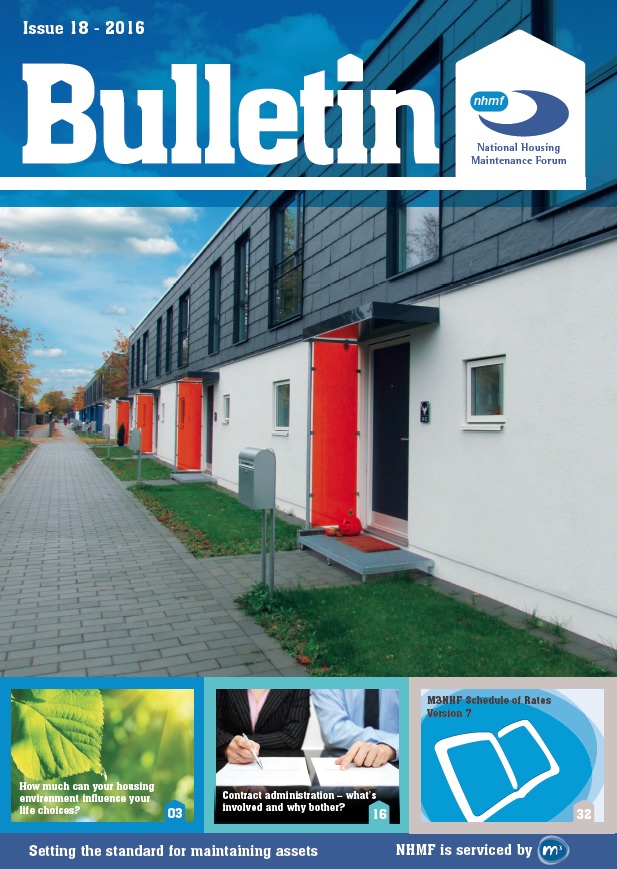NHMF best practice
These two new best practice sections will help social landlords to maintain quality homes in an increasingly challenging economic environment. The Compliance Section has a set of topical guides summarising social landlords’ responsibilities for meeting essential statutory health and safety requirements and explain how to do this economically and efficiently. The Fuel Saving Section explains how to include a fuel saving strategy as a key aspect of an organisation’s business plan. The Guide then sets out how to develop a practical improvement strategy as an integral part of the asset management programme and how to successfully deliver the improvements and manage the risks. There are also best practice training courses which relate to this guide.
Renewables – electricity, heating and hot water
While there is no legislation covering the maintenance of heating and hot water systems supplied by renewable energy, those installations in receipt of the Renewable Heat Incentive (RHI) have to demonstrate satisfactory performance and adequate maintenance to continue receiving RHI.
Landlords who have renewable heat installations, such as heat pumps, registered with Ofgem for RHI need to be able to demonstrate satisfactory performance and adequate maintenance annually to be able to continue receiving RHI. For solar water heating systems, precautions should be in place and be maintained to prevent heat transfer media from freezing, evaporating or boiling. It is good practice to check the anti-freeze solution periodically, usually every five years and to check for leaks or pressure drop within the systems.
Where PV installations have been registered for Feed-in tariffs and residents benefit from the ‘free’ electricity generated by the PV panels, landlords should monitor performance to ensure electricity is generated as expected and that the inverters are operating correctly. Such monitoring will also identify any problems due to incorrect installation. It is good practice to clean solar panels to maintain efficiency and change anti freeze in solar thermal systems. The monitoring and maintenance regime should plan that inverters will need changing after approximately 12 years but there have been cases of inverters lasting as little as 5 years.
RHI is administered by Ofgem which sets out the requirements for the Domestic RHI and non-domestic RHI schemes, including any maintenance and performance requirements.
All renewable energy systems should be maintained by competent people in accordance with manufacturers’ instructions.




